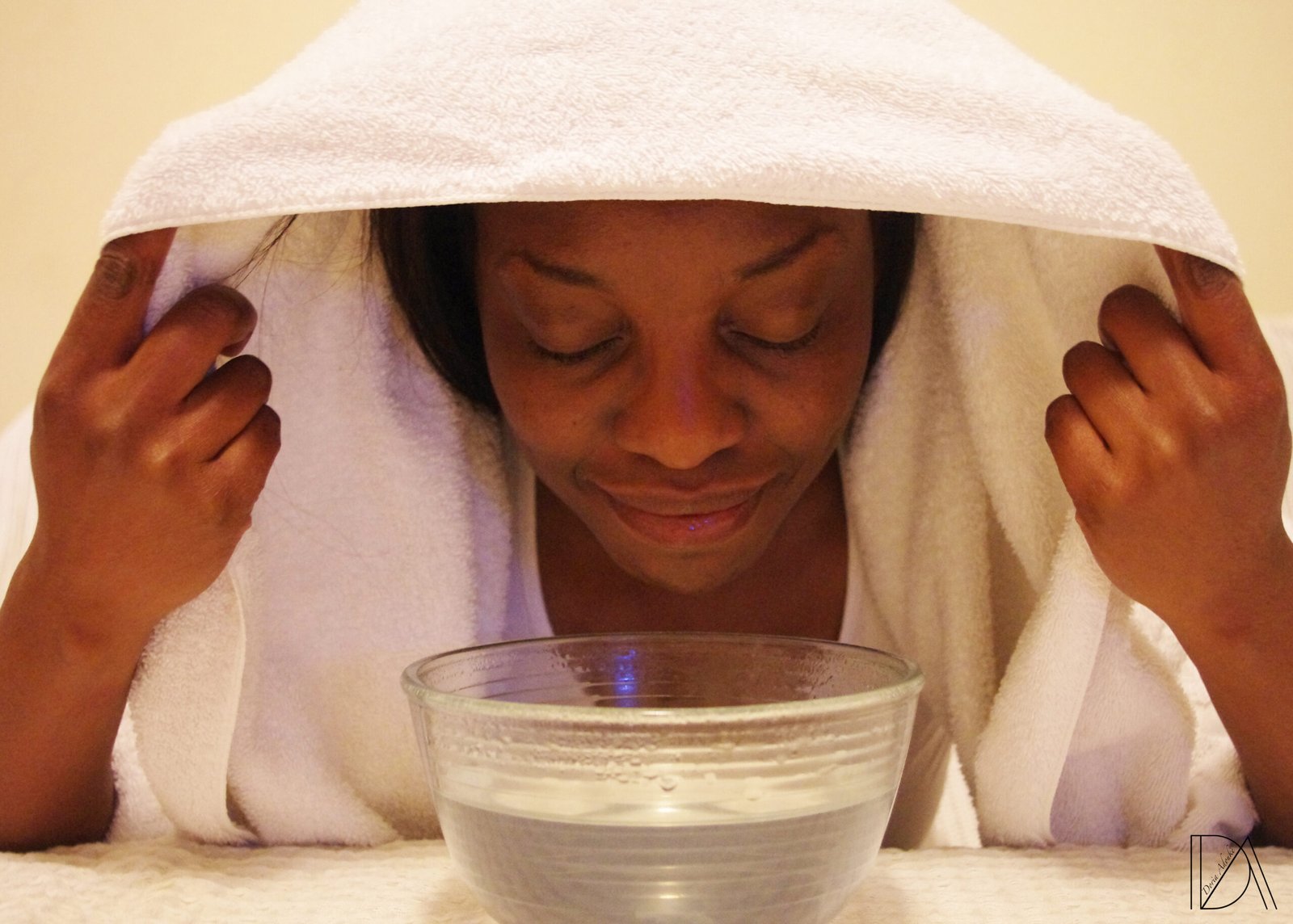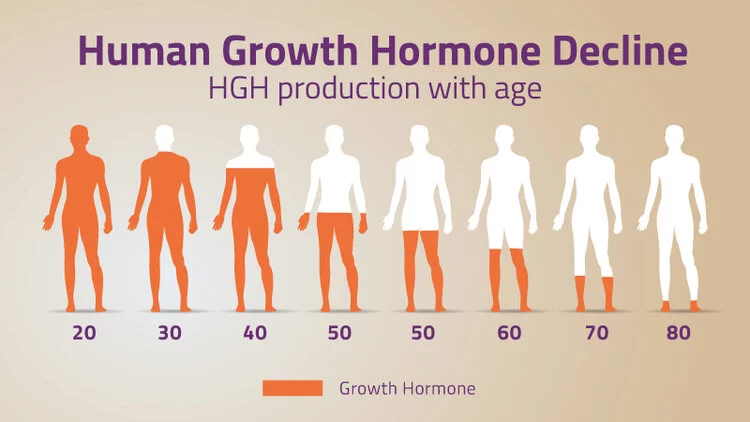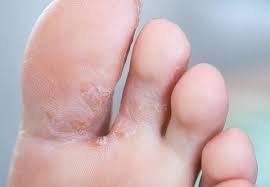Section 1: Understanding Weight Gain
Weight gain is the process of adding weight to your body. It’s important to understand that gaining weight is different than just eating more food, though it can be caused by eating too much and/or exercising less than usual.
Weight gain can occur in one of two ways:
- Increased muscle mass (aka “good” weight gain)
- Fat storage (aka “bad” weight gain)
Section 2: Eating Habits
- Eat a variety of foods.
- Eat more calories.
- Eat the right amount of protein, carbohydrates, and fats for your body type and activity level.
Section 3: Exercise
The next step is to find an exercise routine that works for you. There are many different types of exercises, and it’s important to choose one that fits into your lifestyle and interests. If you enjoy running, try jogging or sprinting instead of walking; if yoga is more up your alley, try taking a class at a local studio instead of doing stretches on the floor at home. The key here is finding something that will be enjoyable enough so that you don’t get bored with it after only a few weeks–if this happens, then chances are good that your motivation will dwindle as well!
Once we’ve got our chosen activity in place (and hopefully committed ourselves to sticking with it), what comes next? Consistency! This may seem obvious but it’s very easy for people who are new at working out not only because they’re sore from lifting weights but also because they aren’t used to working out regularly yet so their bodies need time adjusting before they truly feel comfortable doing anything physical again.”
Section 4: Supplements
Supplements are a great way to get the nutrients you need. They’re also a convenient and easy way to increase your weight, especially if you don’t have time to eat enough food throughout the day.
Supplements come in many different forms: pills, powders, drinks and more! You can take them at any time of day (although some are better taken with meals). Supplements can help boost your metabolism or give you energy for workouts–or both!
It’s important to understand what kinds of supplements will work best for your goals before buying anything. For example, if you want to gain weight fast then it might be better for you to use protein powder instead of creatine because creatine helps build muscle mass over time while protein powder provides instant calories from its high protein content
Section 5: Sleep
Sleep is a vital part of your overall health, but it’s also important for weight management. The National Sleep Foundation recommends that adults get seven to nine hours of sleep each night to maintain optimal health and well-being. However, many people don’t get the recommended amount of sleep because they’re working late hours or simply because they can’t fall asleep at night.
Sleep quality matters more than the number of hours you spend in bed–if you’re waking up feeling tired or unrested, then your sleep is probably not restful enough for optimal health benefits. Here are some tips for improving your sleep quality:
- Stick with a regular bedtime routine so that your body knows when it’s time for bed (and hopefully helps prevent any late-night snacking).
- Avoid caffeine after 2 p.m., as well as alcohol before bedtime; both substances can interfere with falling asleep easily or staying asleep throughout the night.* Don’t take naps during the day unless absolutely necessary (and even then try not too long).
KNOW MORE : Online supplement | Whey protein powder




